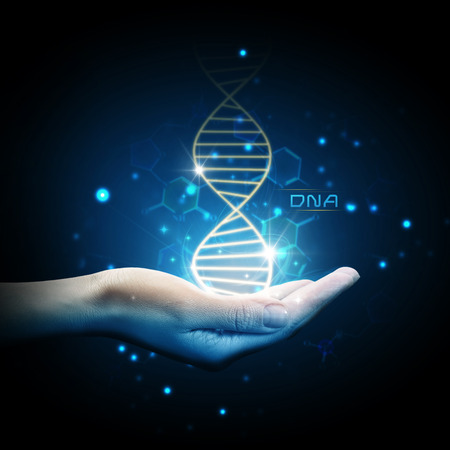It may sound like something from a television show like CSI, but DNA test results can be helpful tools in an estate dispute. As DNA testing has become more available and affordable, its use in litigation has become increasingly common. Because each person has a unique DNA code made up of genetic data from his or her parents, a DNA test can be used to establish paternity and other types of familial relationships.
You may be familiar with DNA testing in custody disputes, but it also can be useful in estate disputes involving estranged family members, such as when a wealthy individual dies without a will and an alleged child comes along to claim the inheritance. This type of estate dispute is commonplace, and DNA testing can solve the mystery and prove whether someone is a genuine heir.
For example, think of someone who may have had a child he didn’t know about or may have disputed paternity of a child. The child’s mother may have told the child who the father is but may not have acknowledged it publicly until the father’s death. Then, after the father passes away, the child claims rights to part of the estate. This was the situation after Elvis Presley’s death, as he was rumored to have fathered at least seven illegitimate children who required DNA testing to disprove their claims to his $250 million estate.
In the past, proving a relationship in this scenario would have been difficult, if not impossible, because there would be no physical evidence to establish the lineage. Now, with DNA testing, this type of dispute is easily solved. The test results will determine whether someone has a right to a portion of the estate.
Are you a potential heir facing the possibility of a dispute over your right to participate in a parent’s estate? A DNA test could help you establish your claim. The attorneys at Gaslowitz Frankel have more than 25 years of experience in handling estate disputes. Contact us today to discuss your case.






